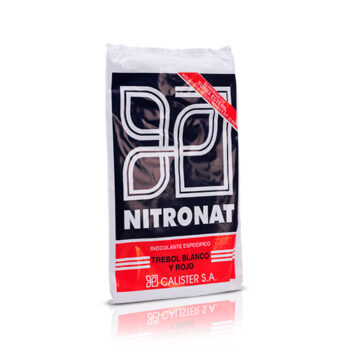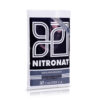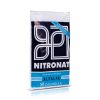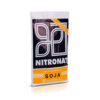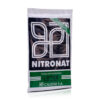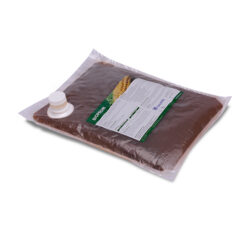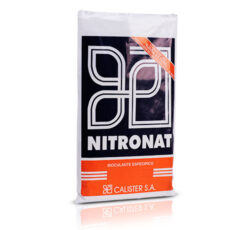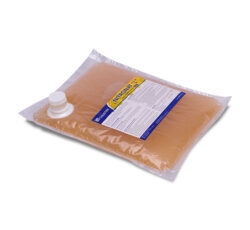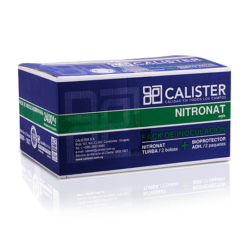Nitronat – Forage Legumes
Quality parameters of inoculants: There are basically two parameters: one of a qualitative nature and the other of quantitative nature. The former is directly related to the characteristics of the strains used, while the latter is defined by the ability of the product to maintain high concentrations of bacteria (Rhizobia) under normal storage and use conditions.
Strains: The characteristics of the selected strains in the case of NITRONAT inoculants have been defined by the National Rhizobium Strain Selection Program in order to obtain the maximum potential of nitrogen fixation under the conditions to be used.
Selection criteria
- Nitrogen fixation efficiency.
- Industrial Skills.
- Ability to survive in the carrier.
- Ability to survive on inoculated seed.
- Saprophytic competence.
- Genetic stability.
- Adaptation to the climatic, biological and physicochemical characteristics of the soils where they will be used.
- Adaptation to the normal operating conditions of the product
Concentration and Survival: the formulation and sterility of the carrier is of utmost importance In order to achieve a high quality product (apart from the characteristics of the strains). Therefore, NITRONAT inoculants are produced entirely on sterile carriers, processed through sophisticated state-of-the-art sterilization methods, such as electron accelerators (Electron – Beam process).
The combination of the aforementioned factors has determined that national products have achieved levels of excellence, which comply with the highest regulatory requirements (standards) of the region, and considered among the best products worldwide.
These quality characteristics, along with a constant development of research strains selection and inoculant processing processes, have enabled F.B.N. to be one of the bases where the main productive systems in Uruguay are sustained, ensuring that the fixing process is established at the top of the biological possibilities.
Minimum concentration:
At date of manufacture: 2 x 10 (9) Rh/gr.
At expiration date: 1 x 10 (9) Rh/gr.
Use instructions:
Mix the contents of this container with the adhering solution until there are no lumps.
Pour the mixture over the seed until it is uniformly coated with NITRONAT.
For seed pelletization, add the coating powder and mix quickly.
Let the seed dry in the shade.


